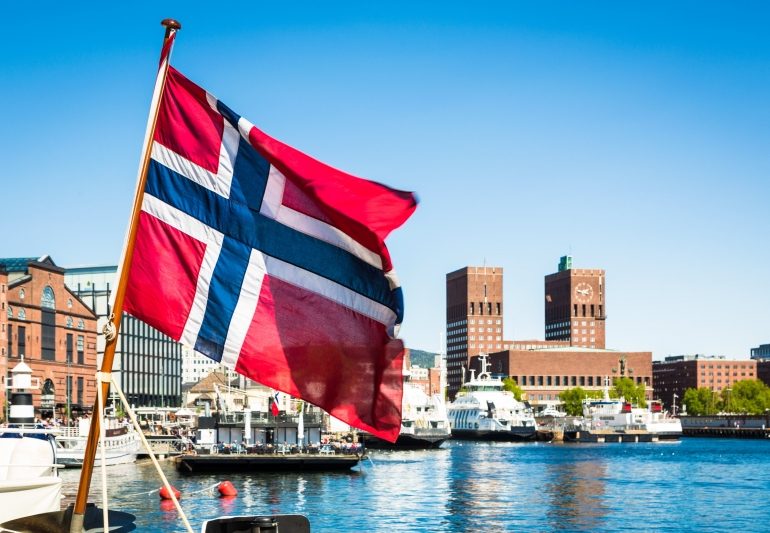The world’s happiest countries might be better able to deal with crises, like the coronavirus, due to higher levels of trust their citizens have in others, a report has suggested.
The World Happiness Report by the United Nations Sustainable Development Solutions Network stated that “communities and nations with higher levels of social trust and connections are more resilient in the face of natural disasters and economic crises.”
“Fixing rather than fighting becomes the order of the day, and people are happy to find themselves willing and able to help each other in times of need,” it explained.
The report, published Friday on the International Day of Happiness, analyzed data covering 156 countries, including information collected in U.S. analytics firm Gallup’s world poll.
The research found that all five Nordic countries – Finland, Denmark, Norway, Sweden and Iceland – were the most content nations in the world.
It said that citizens in each of these countries had high levels of trust in other people and in institutions, like businesses and governments.
And, in a global health and economic crisis, as the outbreak of the new coronavirus has become, this is more important than ever.
Citizens are trusting governments to put in place policies to protect them from the health and economic impacts of the virus, as well as to care for each other by adhering to guidance such as “social distancing” and “self-isolation” measures to slow the spread of infection.
An example of more constructive ways of dealing with the coronavirus can be seen in Norway, the world’s fifth-happiest nation. Last week, the country’s Prime Minister, Erna Solberg, held a news conference for children, giving them the opportunity to ask her questions about the coronavirus.
‘Virtuous cycle’
The authors of the report suggested this could be due to the quality of institutions in these countries, including reliable and extensive welfare benefits, low corruption, and well-functioning democracy and state institutions.
Additionally, Nordic citizens purported to have a high sense of autonomy, and freedom.
The researchers said there was not one single factor to explain happiness in the region but that it was more of a “self-reinforcing feedback loop that produces high level of trust … and a high-functioning state and society model.”
“The Nordic countries, in contrast, are arguably caught up in a virtuous cycle, where well-functioning and democratic institutions are able to provide citizens extensive benefits and security, so that citizens trust institutions and each other, which leads them to vote for parties that promise to preserve the welfare model,” it said.
It said similar characteristics were present in Switzerland, the Netherlands, New Zealand, Canada and Australia, which also ranked highly.













